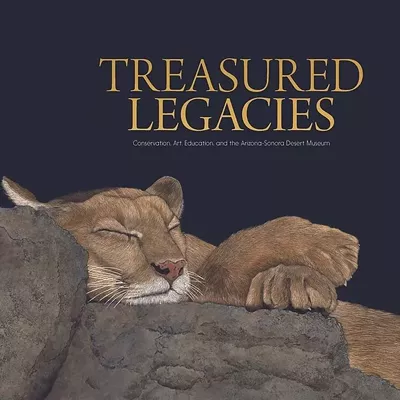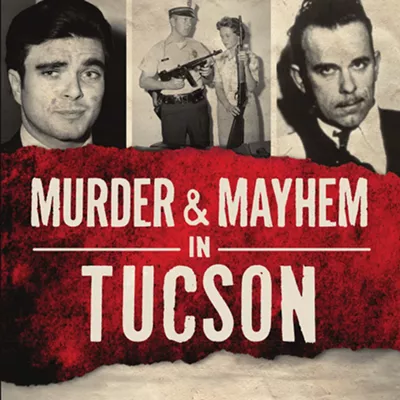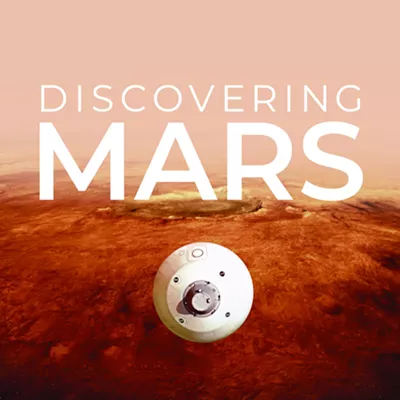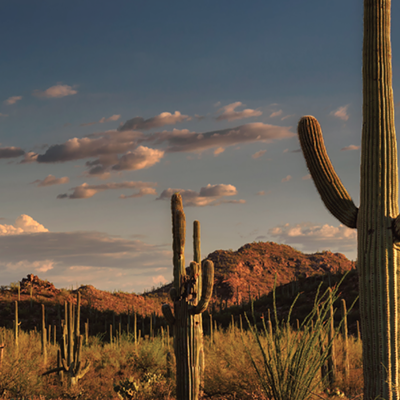The Last Kind Words Saloon
Larry McMurtry
Liveright Publishing
$24.95; 224 pages; fiction
Words feature thematically in this spare Wyatt Earp novella by novelist, essayist and screenwriter Larry McMurtry. Few of them are kind. And many are left unsaid.
The Last Kind Words Saloon opens in Long Grass, Texas. After Earp's stints in Dodge and Abeline, he and Doc Holliday are languishing in this prairie town, drinking and whoring, talking about shooting but making no shots. For some cash, they accept a gig with Buffalo Bill's Wild West Show in Denver, but their basic laziness renders them stage buffoons. They move on to Mobetie, Texas, and then to Tombstone, where two Earp brothers are the law and a third owns the Last Kind Words Saloon. We all know what happens in Tombstone, but there's nothing heroic about the Earps in McMurtry's depiction of the gunfight.
Other characters share the stage with Wyatt and Doc in this book, and each has a tempting—suggested, not elaborated—back story: an English baron; an exotic madam; the Comanche son of a captured white woman; two characters from earlier McMurtry novels, Nellie Courtright, and Charlie Goodnight. They're a foil of color to Wyatt's grey taciturnity.
And those kind words from the saloon's name? Not many from Wyatt, who resists convivial conversation, and hits his wife rather than speak to her.
Perhaps there's not much left to say at the end of the world of the Wild West. McMurtry depicts this deftly.
Park Scientists: Gila Monsters, Geysers, and Grizzly Bears in America's Own Backyard
Mary Kay Carson with photographs by Tom Uhlman
Houghton Mifflin Harcourt
$18.99; 80 pages; juvenile nonfiction
So, why pick up this picture book on scientific research in National Parks? To see some of our own. Park Scientists introduces readers to work in Yellowstone, Saguaro and Great Smoky Mountain National Parks. Through photos and kid-friendly text, Mary Kay Carson and Tom Uhlman present hydrothermal features and grizzlies in Yellowstone, salamanders and fireflies in the Smoky Mountains, and Gila monsters and saguaros in our backyard. They focus on the activities of individual scientists, and some of your neighbors just might show up: UA researchers and volunteers tracking Gila monsters; Tucson high school students counting saguaros. Scientific research takes place in national parks. Here's photographic evidence.
The Dangerous Divide: Peril and Promise on the US-Mexico Border
Peter Eichstaedt
Chicago Review Press
$26.95; 256 pages; nonfiction
In The Dangerous Divide, investigative reporter Peter Eichstaedt offers a thoughtful examination of U.S.-Mexico border issues by going directly to players. He travels from Arizona to Texas—with a detour to Colorado—to bring back their stories.
Opening with a young Guatemalan lost in the desert south of Tucson, Eichstaedt introduces the hardship of crossing. He accompanies No More Deaths humanitarians and Border Patrol agents in the field. At the Nogales comedor, where migrants can get meals after deportation, Eichstaedt interviews crossers, and they send a clear message: for reasons of economics and/or family, they'll take risks.
He also interviews others determined to thwart them—Maricopa Sheriff Joe Arpaio, SB 1070's Russell Pearce, civilian border enforcer Glenn Spencer—who are adamant in their stands.
Using direct quotations, Eichstaedt often lets his subjects reveal themselves. Here's Spencer, for example: "There is a subversive movement in our country engineered by the Mexican government ... aided and abetted by Obama."
Through conversations with Border Patrol, Colorado sheep herders, border technology salesmen, residents of Columbus, New Mexico and Palomas, Chihuahua ( involved in gun-smuggling) Eichstaedt highlights the historic interdependence of the U.S. and its southern neighbors, the impact of drugs and drug money, unjust treatment of vulnerable foreign workers, and the failed and misdirected border enforcement. He calls for practical, humane governmental policy and economic support.
Eichstaedt also talks with workers in Agua Prieta and Chiapas who are partners in Just Coffee, a project to keep coffee farmers in Mexico and distribute their product in the U.S.
A direct quote from a Mexican coffee farmer about life before Just Coffee is telling: "When our children go we don't eat or sleep ... We know it (the U.S.) is a dangerous place."







